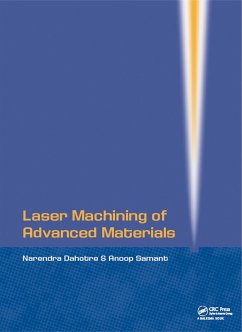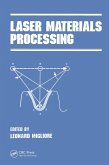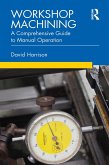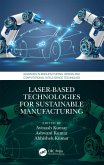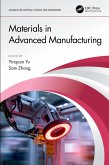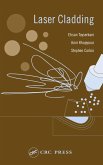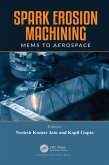The use of lasers in material processing is an expanding field that is drawing attention from both industry and academia. Research funding continues to grow because the practice offers several advantages such as capabilities. These include use of difficult-to-machine materials, flexibility and automation, and an extended scope for applications. Focusing on the fundamental aspects of laser machining, this book covers principles and physical phenomena involved in this emerging process.
Dieser Download kann aus rechtlichen Gründen nur mit Rechnungsadresse in A, B, BG, CY, CZ, D, DK, EW, E, FIN, F, GR, HR, H, IRL, I, LT, L, LR, M, NL, PL, P, R, S, SLO, SK ausgeliefert werden.

